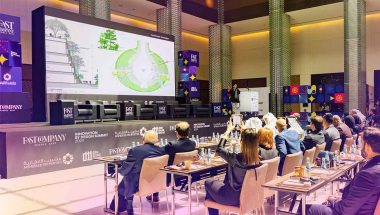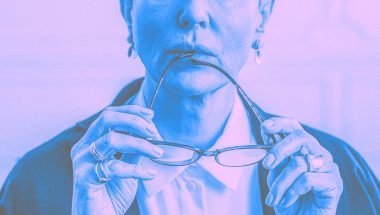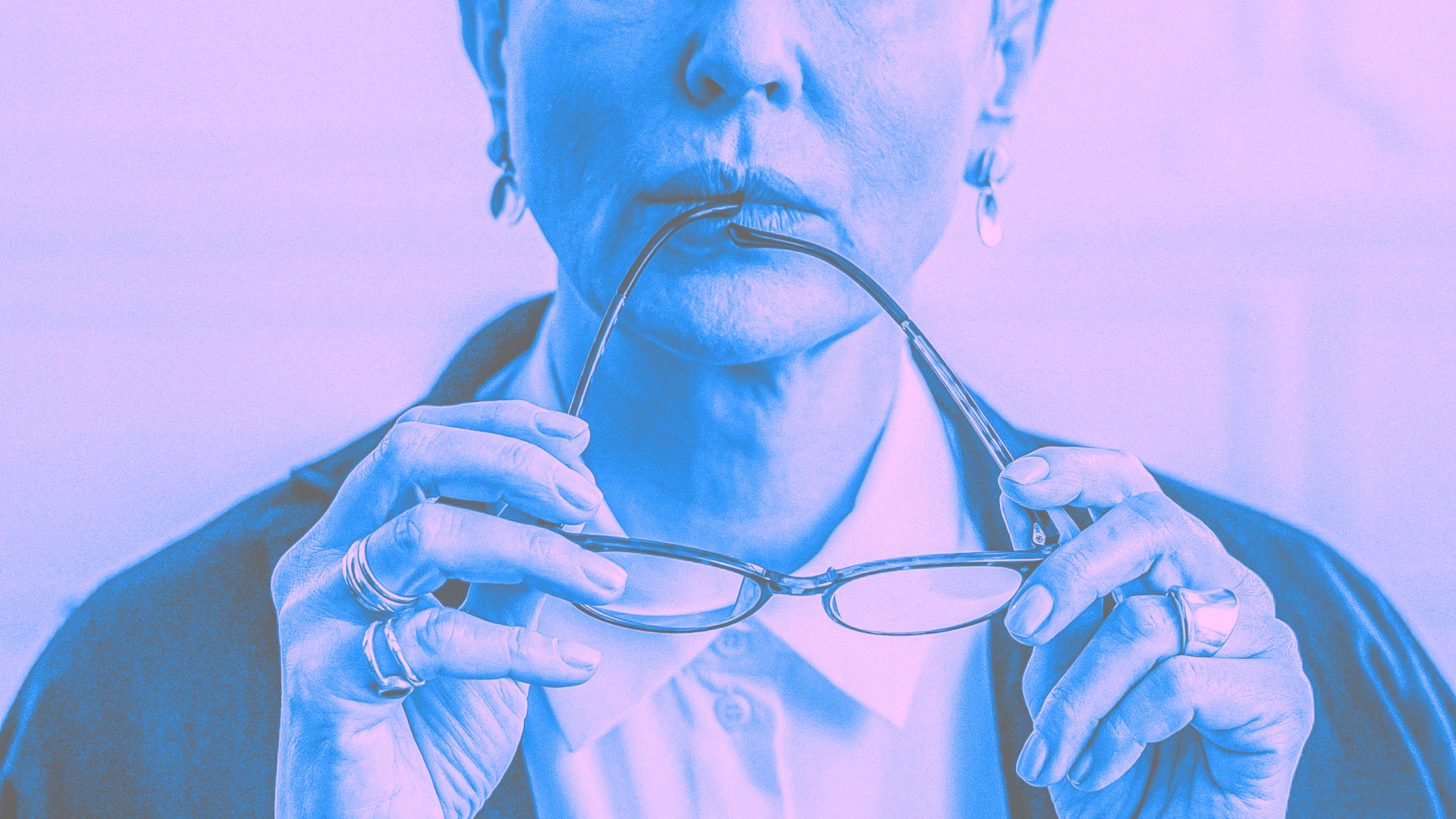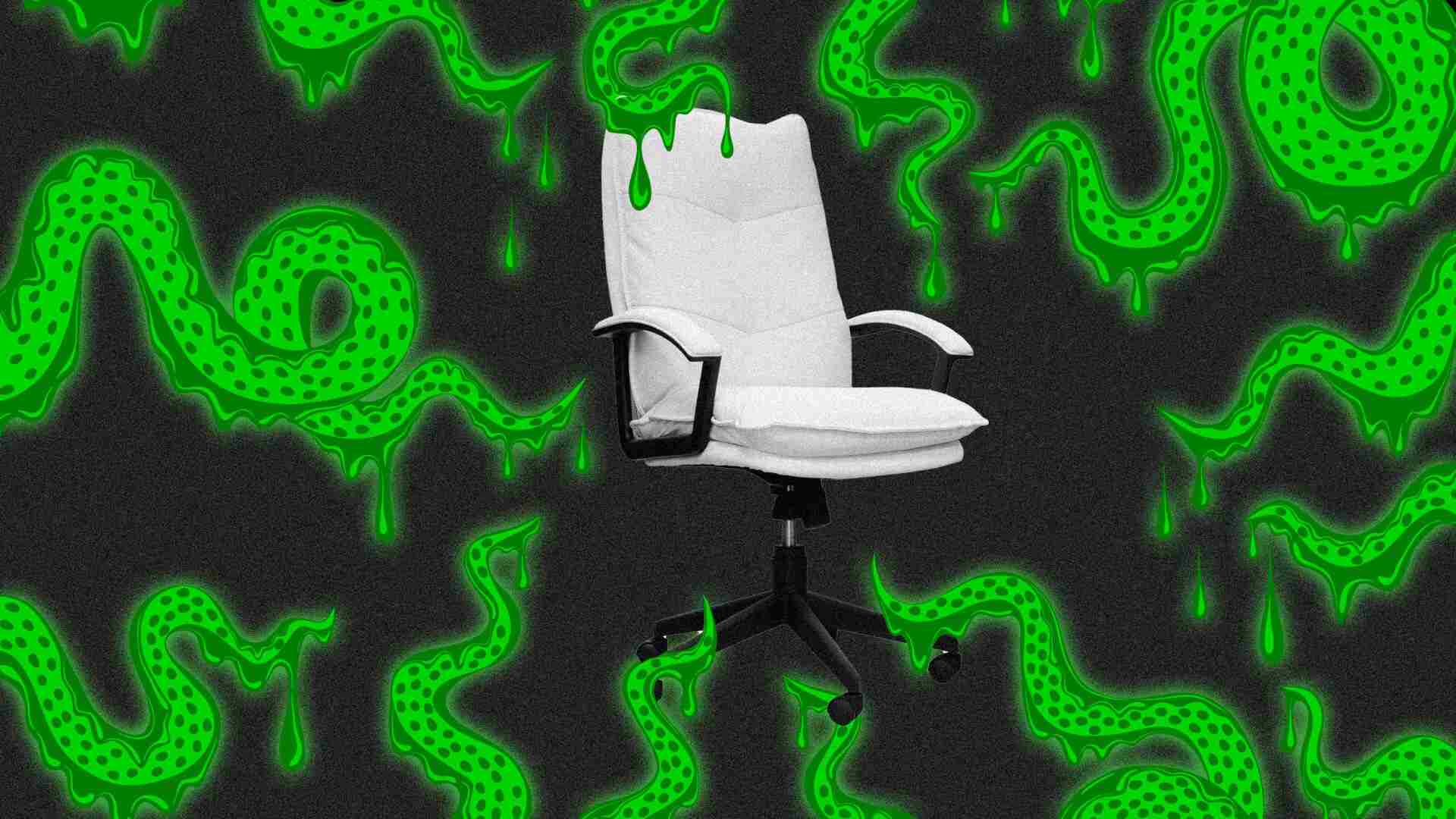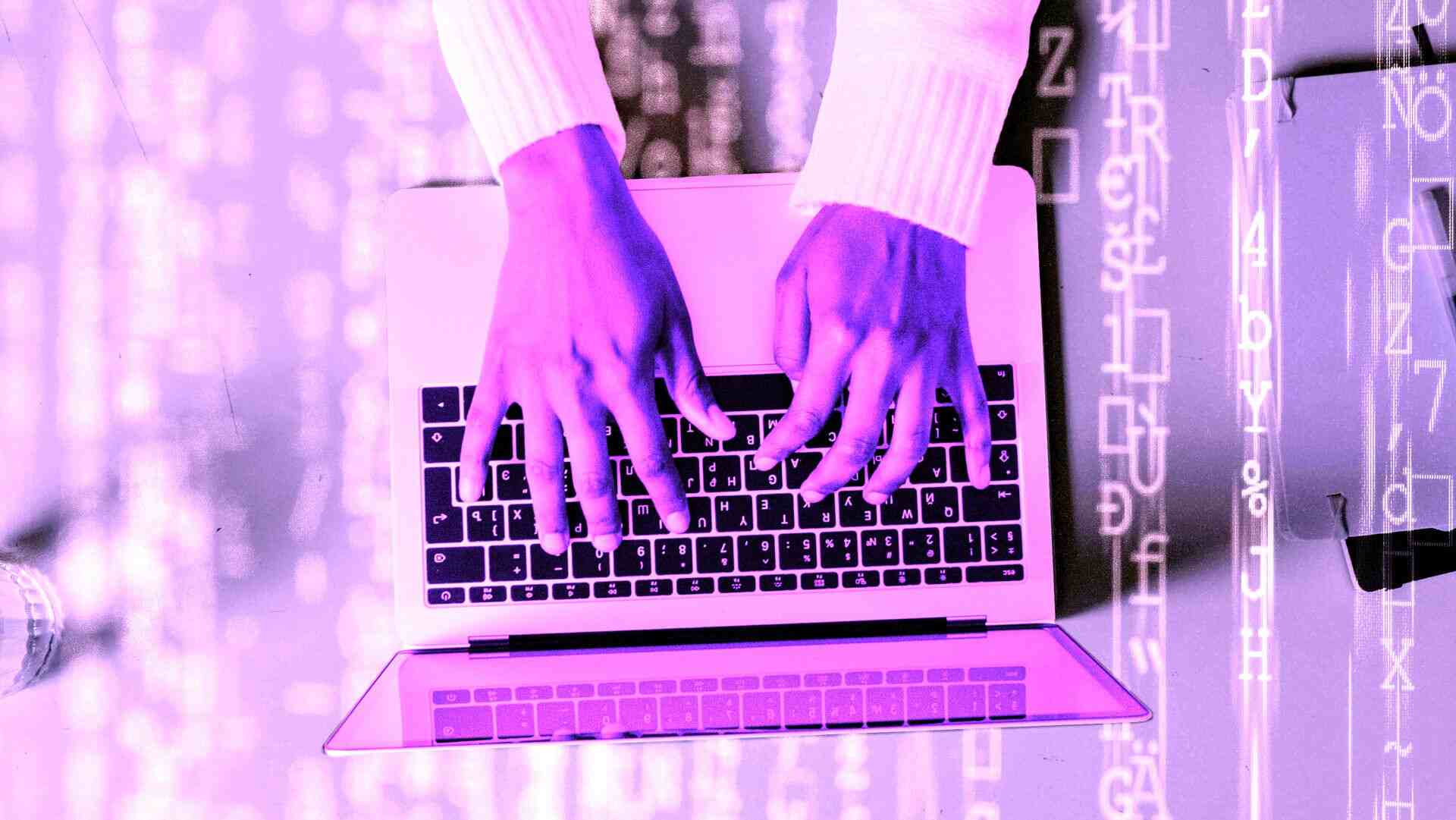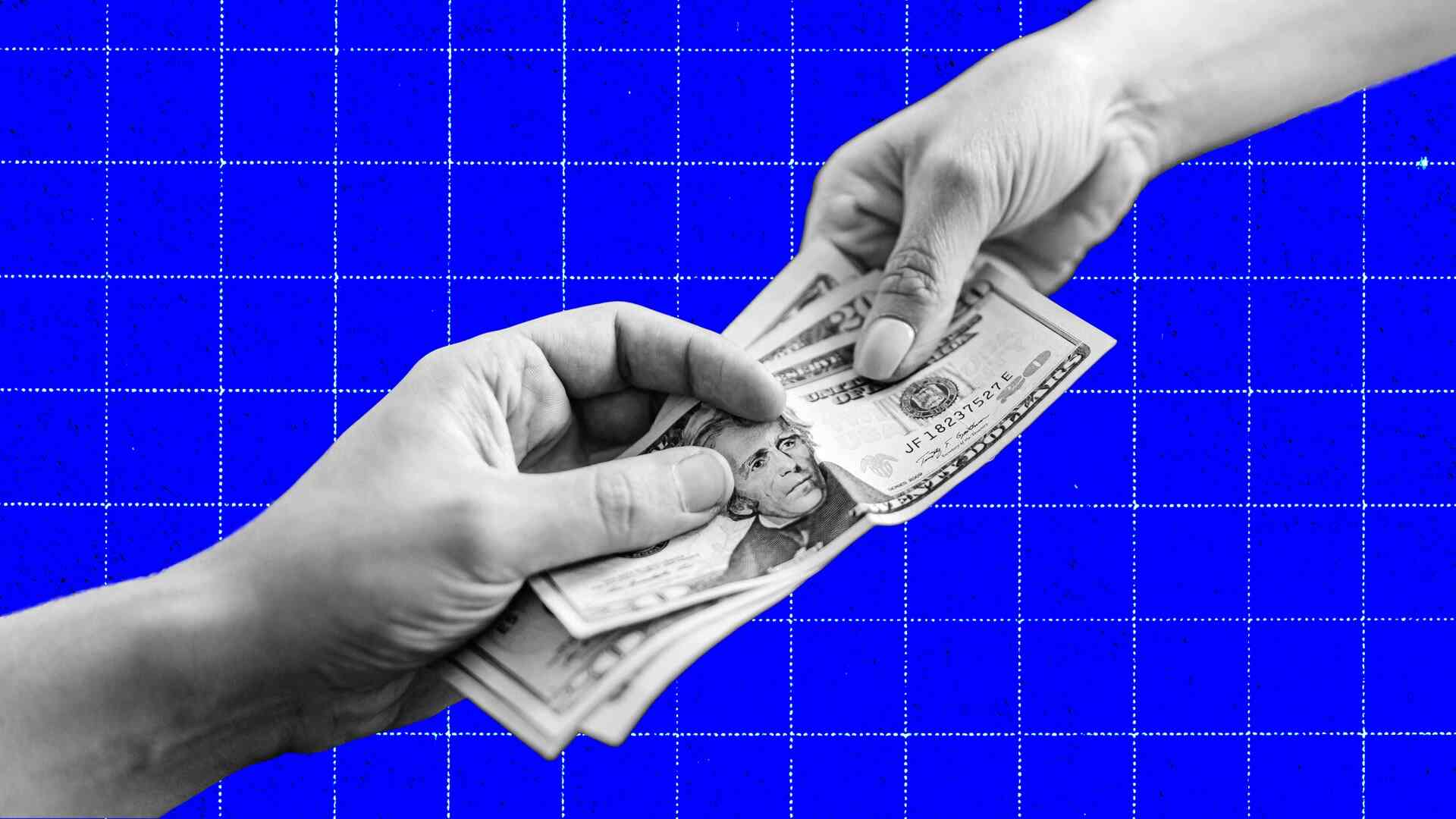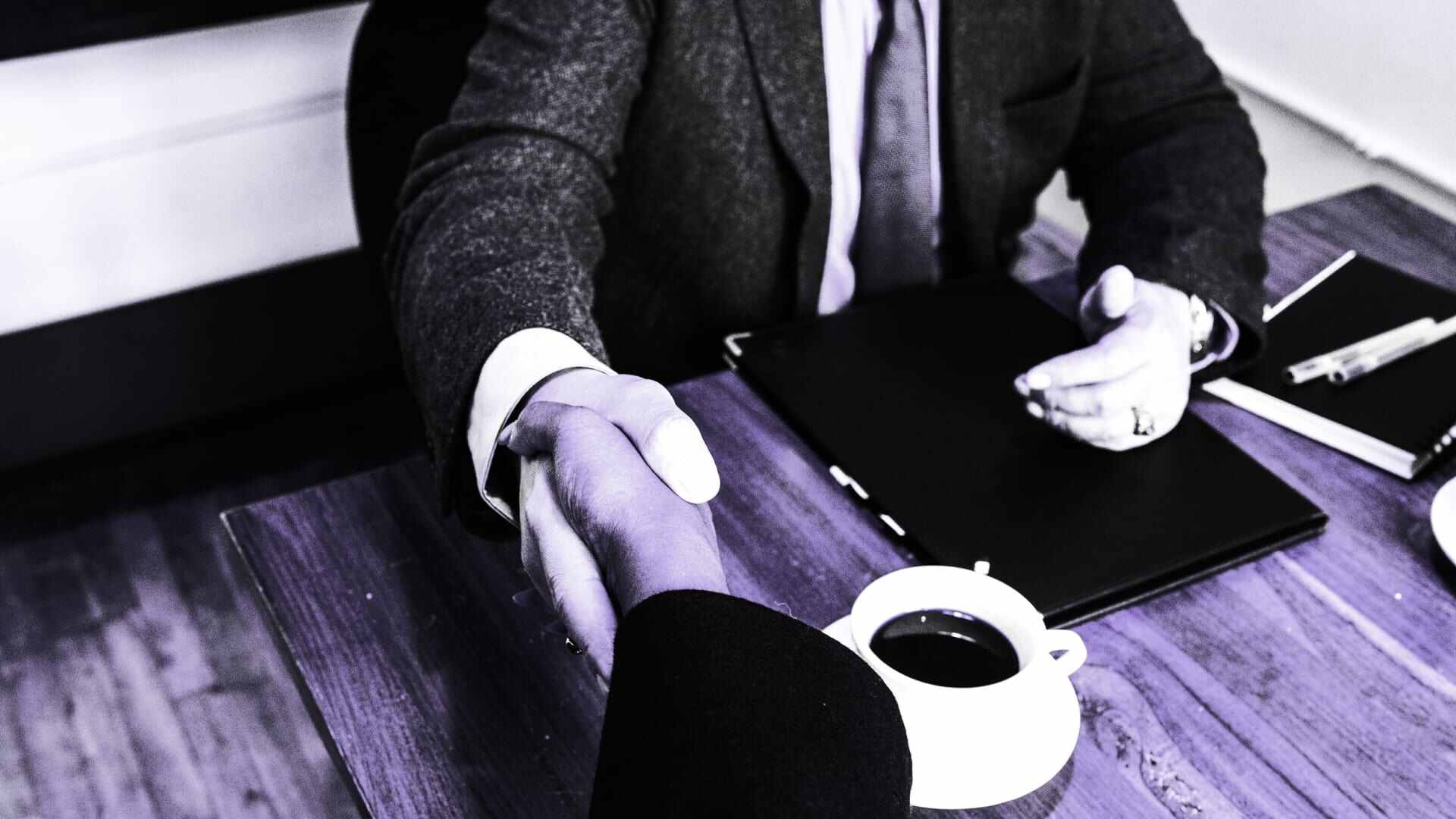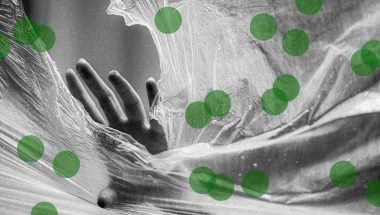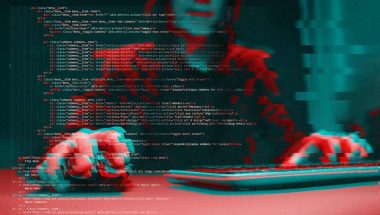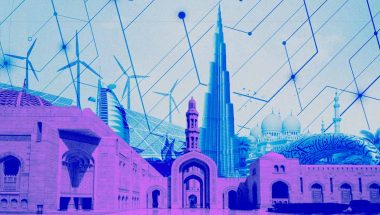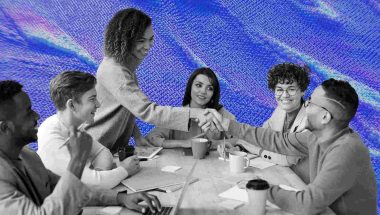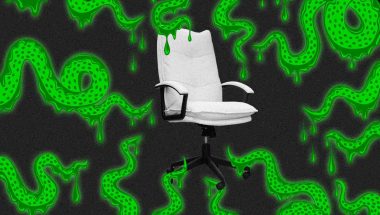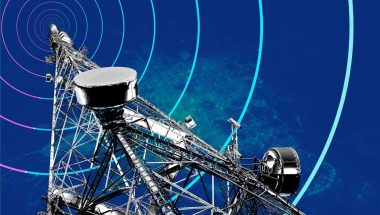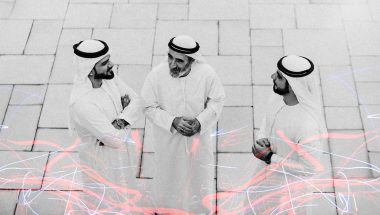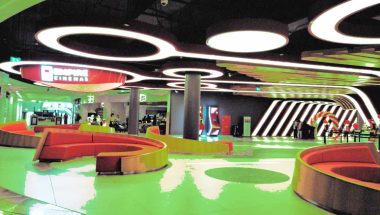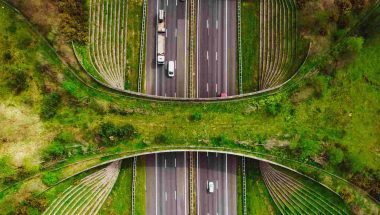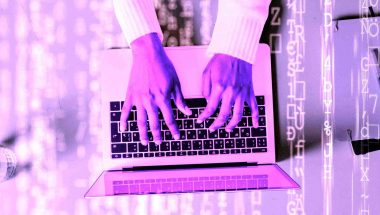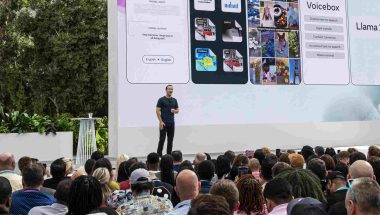- | 8:00 am
The pandemic made me feel stuck. Here’s how I got back on track
Brand scout Francine Maroukian decided to try an unconventional approach to update her ‘operating system’ and get out of a rut.
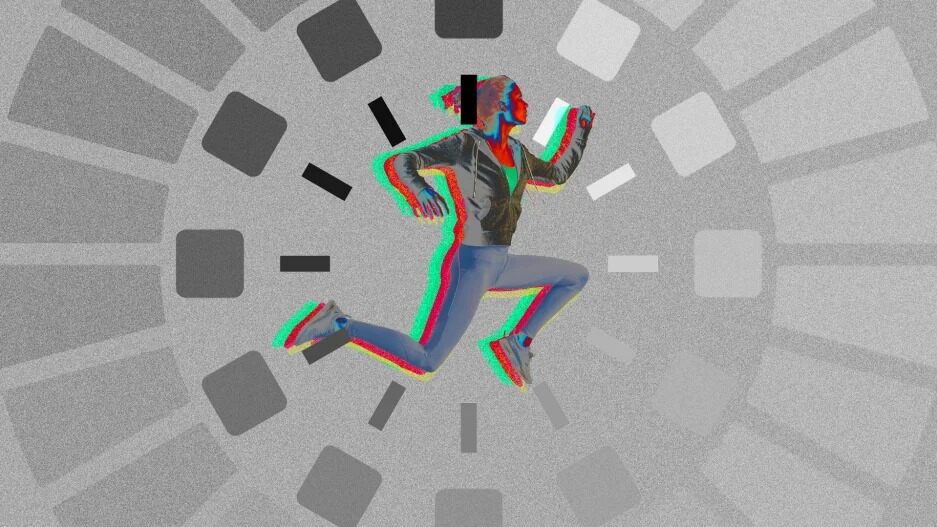
I have always been self-employed, always worked from home, always managed my own time. But as a former food and travel reporter and now a trend researcher for major retailers, I’ve never run my work and life as separate programs. Rather they are synergized, and I think of myself as a resting device that simply powers up accordingly.
Recently, however, I noticed that things weren’t going as smoothly as in the past. My life felt glitchy. I wasn’t sleeping as well and felt tired in the mornings, not just because I wasn’t rested, but also because I was bored. Sameness hung heavy and slowed me down. My thinking grew sluggish, and my business communication skills dwindled. My tired brain wasn’t making research connections for my clients imaginatively enough.
Maybe it was the result of getting older, but I didn’t like some of the practices I’d developed, practices that grew even more embedded during the last few years of confined life. I wanted to make changes, and I read all the books about breaking habits. But I wasn’t inspired.
So I decided to stick with my notion of “life as device” and frame necessary changes as modifications to my personal “operating system.”
First, I made a list of what I considered principal malfunctions, labeled macro-concerns, and then reduced each to a new OS feature—a simple behavioral adjustment called a micro-solve that if successfully “installed” might also impact the larger issue. This isn’t meant as a protocol of change for everyone. It is an idiosyncratic solution that worked for me.
One night, I symbolically turned off my “device” and then “rebooted” the next morning with a new OS, version 6.15 (the date). As with any update, it installed new features and removed outdated ones.
Some worked better than others.
I wanted to be someone who dresses better on a daily basis, which motivated me to invest a few days in trying on every single garment in my closet, and then donate what wasn’t helping me achieve my goal.
To stay in touch with far-flung friends, we made commitments to read books together one-on-one, not through book clubs, creating even stronger bonds based on shared ideas rather than mere proximity.
Some new features required more effort to integrate.
I had become a total COVID-19 TV addict and wanted to reduce the time I spent mindlessly watching shows; but the lure is still very strong, and I’m still watching a lot of TV.
I wanted to be someone who travels solo without anxiety, a tricky upgrade I am still learning how to use, though I am writing this sentence while on a trip north of Boston, more than 300 miles away from my Philadelphia apartment.
Ultimately, my new OS seems to be enhancing optimum performance, and here are just two new features leading me to a life of greater productivity and enjoyment.
Macro-concern: dwindling spontaneity
I feared that as I aged, I was losing my ability to be in the moment, heightened when COVID-19 restricted even the most basic daily freedoms, like popping into a neighborhood place for Happy Hour and hanging out with whomever also happened to sit at the bar. And today, many activities remain encumbered; even local museums require timed tickets—art by appointment.
Micro-solve/new OS feature: I am someone who shops for food every day.
For 20 years, I’ve lived in what is basically an urban food desert with the closest full-service market 12 blocks away, so I got into the habit of shopping proactively. Then COVID-19 came along, and I stockpiled even more to reduce grocery trips, a practice I continued long after it was necessary.
But a few months ago, a great independent market opened three blocks from my loft. Yet even with a fantastic food resource in my own neighborhood—interestingly stocked shelves, lushly beautiful produce cases, local bread, meats, and cheese plus a sweet welcoming staff—I still overbought as though I couldn’t walk over there with ease. I was running an outdated program. So, installing my new feature as someone who shops for food every day, I emptied my fridge except for beverages and staples like eggs. Now I do a daily meal shop, giving myself the freedom to make choices at that moment rather than feeling pressured to cook from stockpiled perishables before they go bad, a sensation I can only describe as joyless urgency.
Additional Application: My update also boosted my brain in areas other than food. One day, my friend who lives in another state let me know I should pick up an envelope at the museum admissions desk: a gift certificate that could not be e-delivered. I had to walk out there to get it. Suddenly, I was adding other errands until that walk became a hardship. Then I stopped. Someone who loves me sent me a present; I can drop those packages off at UPS and the post office some other day. They are not going to spoil. I put on my headset, listened to an Italian café playlist on Spotify, and made the four-mile round-trip walk to that museum on a hot, humid day with each step feeling lighter: OS version 6.15.
Macro-concern: escalating political anxiety
The political climate grows increasingly divisive; to mitigate the effect, I read rather than watch the news (less inflammatory, but only if I don’t burrow down into the comments), avoid social media (party in a monkey cage), and only have political discussions with friends that won’t hurtle into a crazy pitch, even if opinions differ. But I still feel lost as a citizen on the national stage, increasingly perplexed and heartbroken, frightened and outraged.
Micro-solve/new OS feature: I am someone who practices micro-citizenship.
Anxiety is alienating, and so, when I read the painter Wassily Kandinsky’s quote—”Everything starts from a dot”—I thought: Be the dot. Every day I go out into my community and say please and thank you; pay independent businesses with cash rather than a card that charges a processing fee; and always, always tip in cash. I compliment people in specifics: “You look so nice in that dress, the green is such a good color on you,” wait patiently in line even when those around me become enraged at service delays, and whenever I encounter people doing their jobs in a positive way, I get their manager’s contact email and write about that experience. You don’t have to tell me that I am not going to win a Nobel Prize or overturn any rulings this way. But these small acts fill in the gap I feel as a citizen in the larger contentious world.
Additional Application: Installing micro-citizenship proved that community works both ways. My little daily practices have come back to me tenfold, with reciprocal kindness making this solo diner, shopper, and citizen feel more connected; I am greeted with real warmth, complimented on my own style efforts, told “don’t worry about it, just pay us tomorrow,” when I forget my wallet—and the other day, when I asked for my breakfast check at my local café, I discovered the staff had chipped in and bought it for me: OS version 6.15.






